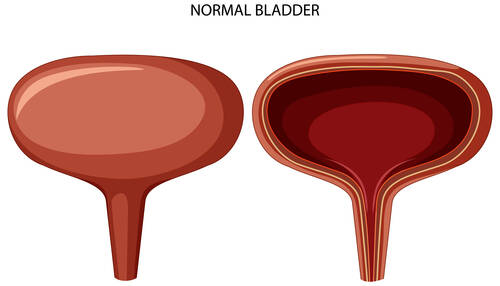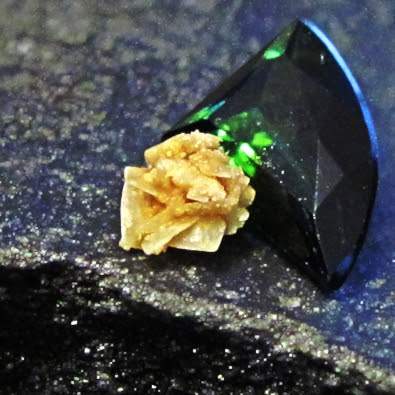MedicalResearch.com Interview with:
Dr. Nikhil K. Gupta and
Kevin McVary, MD, FACS
Professor, Department of Surgery
Chair, Division of Urology
Southern Illinois University School of Medicine
MedicalResearch.com: What is the background for this study?
Response: Male lower urinary tract symptoms due to benign prostatic hyperplasia, or LUTS due to BPH, have most commonly been treated with a combination of medication, such as alpha-blockers and 5-alpha reductase inhibitors, and surgery, such as transurethral resection of prostate (TURP) and Greenlight photovaporization of prostate (PVP). These treatments, however, have potentially serious adverse and sexual side effects. Minimally invasive surgical therapies (MIST) for LUTS due to BPH have tried to thread the needle between medications and invasive surgery, giving effective relief of symptoms with minimal anesthetic need while preserving sexual function. Previously developed MISTs have been unable to provide durable relief of symptoms, causing patients to undergo multiple treatments in a short period of time, and have been limited by prostate size and conformation, e.g. the inability to treat a middle lobe or median bar. LUTS due to BPH is also very strongly and likely causally linked with obesity, and obesity seems to have an effect on the efficacy of treatment as well, as obesity affects response to medication and tends to dampen the treatment effect of TURP.
Convective Radiofrequency Water Vapor Energy ablation of the prostate, named Rezūm®, is a new MIST that uses radiofrequency to generate energy in the form of water vapor. The water vapor acts as a convective energy source and, once injected into the treatment area, distributes itself evenly within the treated tissue, causing uniform necrosis througout the treated area. This mechanism using convection is in contrast to previous technologies using conductive heat energy, which created a heat gradient with tissue closest to the heat source receiving the largest amount of energy and tissue farthest from the heat source receiving almost no energy. Thus conductive energy has a different effect on different parts of the treated area. With Rezūm, MRI studies have shown that the water vapor creates a uniform treatment effect while staying within collagen barriers, obeying natural tissue planes and affecting only the intended treatment areas.
The purpose of this study was to determine the efficacy of Rezūm in treatment of LUTS due to
BPH, examine the treatment's effect on sexual function, and to determine whether obesity affected treatment efficacy.
(more…)





















